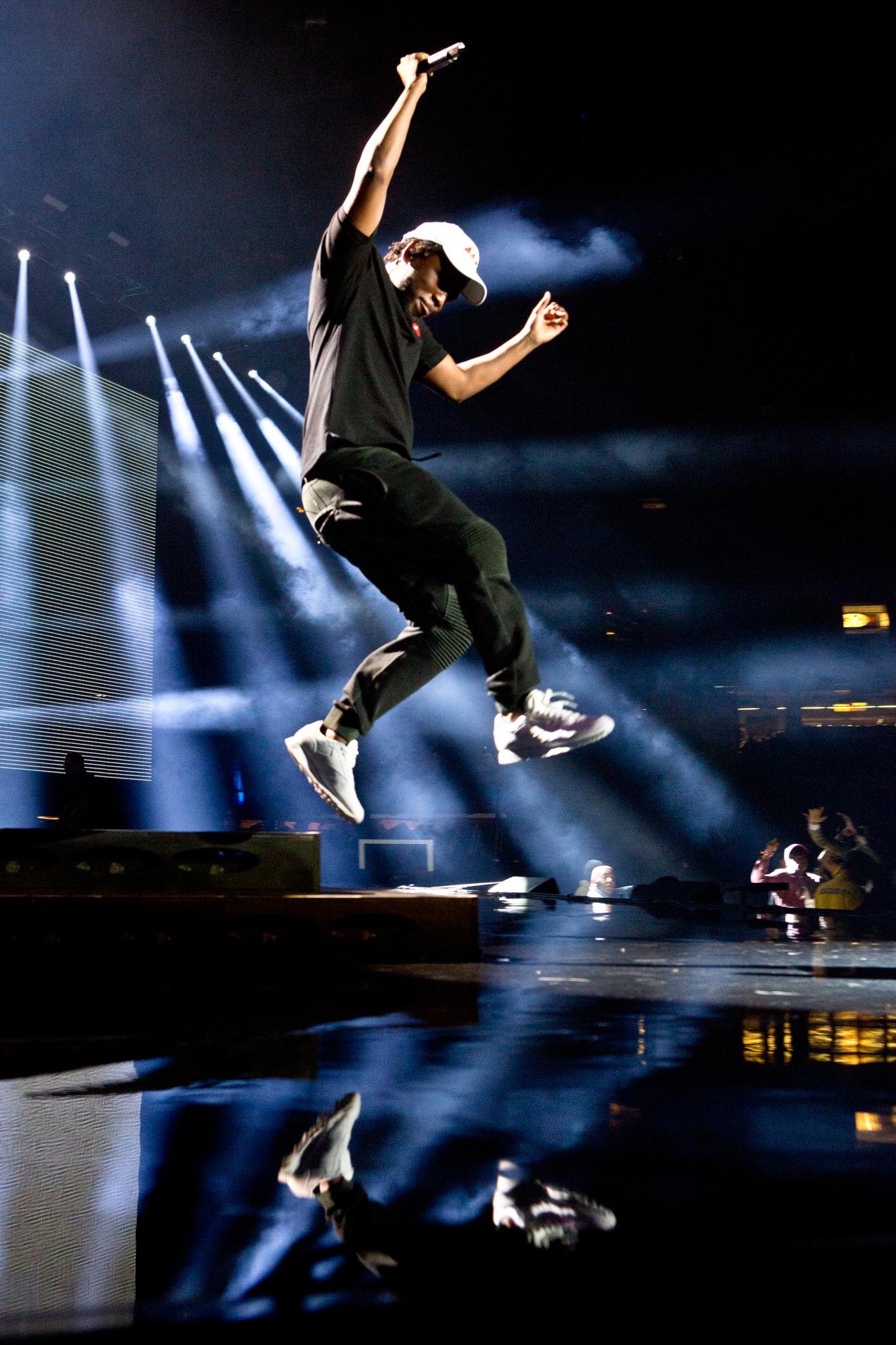







I never realized how pro-black that I was until attending an Ivy League institution. Seated in an ethics class, the professor led a discussion around the theme of self-identification. “Do you refer to yourself as African American or Black,” said the then 70-something white man. The few students that might have identified as either would go on to answer. And, eventually, it was my turn.
“I refer to myself as Black, with a capital ‘B’. ” I continued, “My father is Afro Cuban and my mother is from the South. I realize that the ‘ship’ made multiple stops before it arrived on these shores. But I feel the term Black is more encompassing of the African Diaspora.”
These words were freeing. A cheeky 20-something journalism student, I knew who I was and where I’d come from. I had no problem schooling a room filled with predominately white faces. Armed with a strong sense of self, I relished in my Blackness. And I could care less about being referred to as ‘militant’ or an ‘angry Black woman.’ To be frank, I wanted to repeat myself for the few students who were disengaged – I’m Black, like super-Black – but the conversation would soon move on. Still, I felt power in being Black, as this is one of my many dimensions. And I claimed my Blackness with pride.
Along came “King Kunta.”
I lost my composure when I first heard the Kendrick Lamar track. Wait, what is he saying? as I tried to catch the artist’s, at times complex, wordplay. Months later I witnessed Lamar perform “King Kunta” on the ESSENCE Fest stage, and was awed. The joint is defiant and funky, like music of the ‘70s, yet it captures the zeitgeist of now. Above all, Lamar preserves the gravity of Kunta Kinte, an enslaved African who, to slave owners’ chagrin, would not refuse his identity.
Courtesy of the To Pimp a Butterfly single, the name ‘Kunta’ is in the mouths of fans – and the mainstream media – nearly two and a half centuries after Kunta Kinte’s birth. Through song, Kendrick Lamar begins – what is a lengthy and complex dialogue – of the people rising from Africa. And the 28-year-old completely shifts the paradigm of slavery by bestowing royalty upon an enslaved African man. “King Kunta” is the second coming of Kunta Kinte. This. Is. Major.
Beyond this wildly popular song, the salience of Lamar’s music and ESSENCE Fest performance is that he brings realization of the contemporary Black experience to the masses. Kendrick Lamar excels in the ability to imbue notes of social awareness into his music. The brother raps about reality (of what some believe is a post-racial society), as we see and experience it. The two-time Grammy winner has a vast catalogue and most recently, the music video of “Alright” visually depicts what some of our men face: Black man arrested by white police officers. Black man shot. Sobering. And when Lamar was ‘shot’ in “Alright,” I felt a loss for all of the young Black men and women whose lives are taken too soon. It’s no surprise that Lamar brought the Superdome to its feet when he performed “Alright.”
King Kendrick’s performance continued.
A proud, bold and fearless Black man, Kendrick Lamar is my brother. I felt a sense of solidarity when seeing him on the ESSENCE Fest stage. And the “The Blacker the Berry” artist came to see his people, too. Between songs, Kendrick Lamar gave interstitial shout-outs, and from the stage graciously pointed out various ecstatic audience members.
For that evening we were a family. When he rhymed, we rhymed. Given recent acts of terrorism towards Blacks in this nation – our nation – who better to conclude ESSENCE Fest than King Kendrick?
At the ESSENCE Fest finale, I witnessed artistry and lyrical prowess, but most of all, I felt a spirit of unity and a celebration of Blackness – just what we needed. Thank you, Kendrick Lamar.






